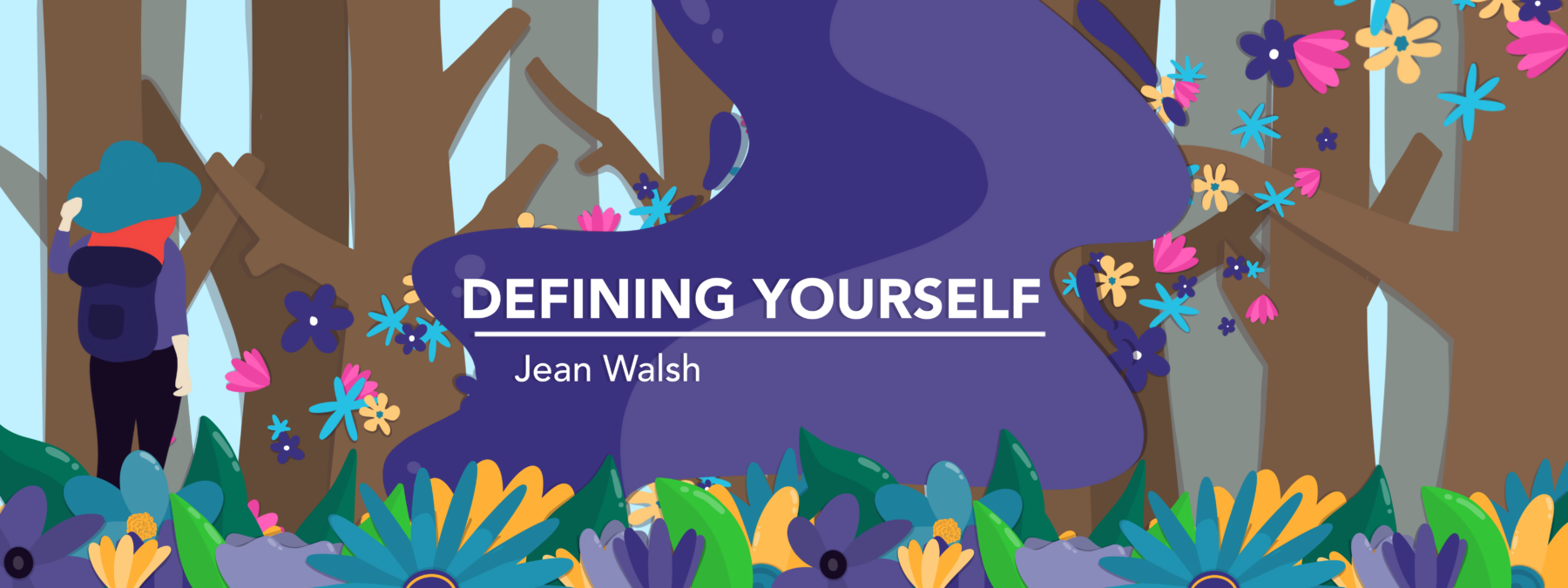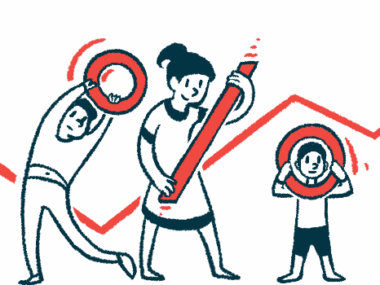The benefits of spending time in nature as someone with FA
Being outdoors in the garden greatly improves my quality of life
Written by |

A couple weeks ago, I wrote that I was planting bulbs in my garden. I’m still doing that because I always buy too many. They’re just too beautiful for me to pass up!
OK, I could pass them up, but I indulge myself. Every fall, I feel overwhelmed. But as the flowers emerge from the ground each spring, I marvel at the gift my tulips (or whatever bulbs I’ve planted) have given me.
Hope for next spring’s beauty keeps me planting them. Both the beauty and the time spent in nature are restorative to my body and soul.
My mood is better when I’ve been outside — something my husband, Dave, notices. He’ll ask me hopefully if I’ve been outside to garden, as I’m just nicer to be around afterward.
According to a 2019 review article published in the journal Science Advances, evidence has shown that spending time in nature offers many benefits, including promoting good mental health, happiness, and overall wellness.
I also sleep better when I’ve been outside. Because fatigue is a significant symptom of Friedreich’s ataxia (FA), the disease I have, I know I’m doing myself a big favor by spending time in the garden.
Yesterday, I saw an interesting and beautiful pollinator on one of my mums. It was orange with a black-and-white pattern. I looked it up and am pretty sure the little guy was an ailanthus webworm moth.
I sound pretty nature-nerdy, but this insect awed me with his beauty and inspired my curiosity. Learning about and appreciating this little moth fully engaged me, to the extent that thoughts about FA or how hard it makes my life didn’t occur to me. I’m always seeking to expand those times when I’m not thinking about FA and just enjoying my day.
Gardening with FA
I’ve developed some hacks so that the hobby I love is not lost to me because of FA.
The first isn’t really a hack but rather general advice for any new hobby: Start small. Don’t overwhelm yourself with, say, 150 bulbs. Plant some flowers or veggies in pots.
The second is to make sure you can reach those plants. Because I use a wheelchair, I garden in raised beds. In addition to the plants not being too low, I need to make sure the beds aren’t too wide. It’s important to be able to reach the plants in the middle of each bed. If you’re gardening in pots, make sure they’re on a table or otherwise within reach.
The third hack is to either have a water source that you can manage yourself or to have somebody who will water for you upon request. As we know, plants need water. Between my FA wobble and my wheelchair, using a watering can causes me to drench myself, not my plants. Instead, I use a lightweight, expandable hose with a sprayer attached, which I find easy to drag around and use. I just have to pay attention and be sure not to water my power chair!
Finally, tools can make life so much easier. I’ve found that anything with a long handle is almost always a boon. I have weeding and digging tools that fit the bill and are in the gardening tool bag that I carry by slinging it over the back of my wheelchair. My favorite, though, is a pair of garden pruners with an extended handle. Now it’s a breeze to reach and prune.
Another piece of advice: Gardening can be expensive, but it doesn’t have to be. Start plants from seeds. Get plants from your neighbors. Buy plants when your garden club has its annual sale. Think creatively about your flowerpots. One man’s discarded boot can be your begonia’s next home. Mostly, just have fun.
I’m not feeling overwhelmed by my bulbs anymore. My fall planting is almost finished, and I’m looking forward to next spring when blooms will fill my garden-nerd heart with joy. Gardening isn’t for everyone, though. I hope you can reap the benefits of spending time in nature, however you may choose to do it.
Note: Friedreich’s Ataxia News is strictly a news and information website about the disease. It does not provide medical advice, diagnosis, or treatment. This content is not intended to be a substitute for professional medical advice, diagnosis, or treatment. Always seek the advice of your physician or another qualified health provider with any questions you may have regarding a medical condition. Never disregard professional medical advice or delay in seeking it because of something you have read on this website. The opinions expressed in this column are not those of Friedreich’s Ataxia News or its parent company, Bionews, and are intended to spark discussion about issues pertaining to Friedreich’s ataxia.



Leave a comment
Fill in the required fields to post. Your email address will not be published.